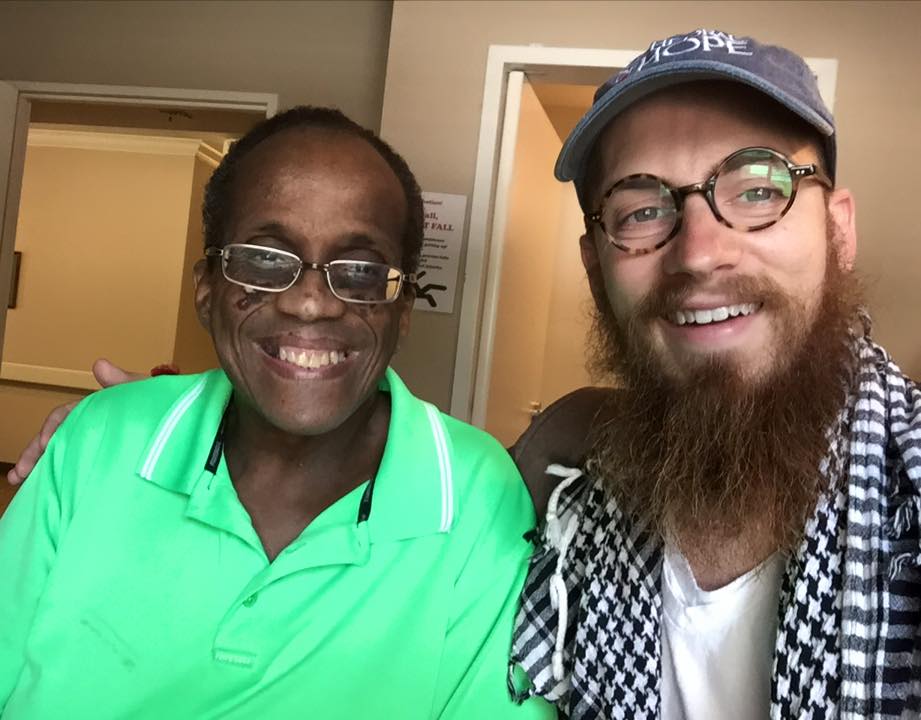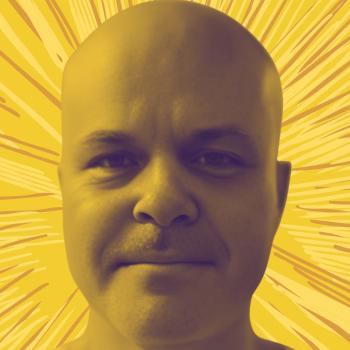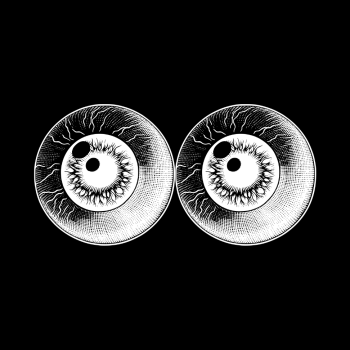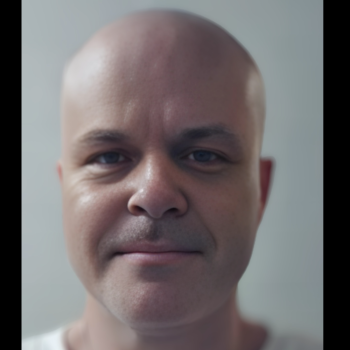* This interaction is derived from a recent conversation that I had with the Rev. Dr. Garth Baker-Fletcher at a rehabilitation facility where he is recovering from hip surgery. A retired professor, Baker-Fletcher is the author of Somebodyness: Martin Luther King, Jr. and the Theory of Dignity (1993), Xodus: An African-American Male Journey (1996), My Sister, My Brother (with his wife Karen) (1997), Black Religion After the Million Man March (1998), Dirty Hands: Christian Ethics in a Morally Ambiguous World (2000) & Bible Witness in Black Churches (2009). A cherished friend, I affectionately call him Brother Garth.
J: What do you think about the healings that Jesus performed?
G: I struggle with the fact that ideas of punishment/evil and disability are so closely connected in the stories of Jesus. I choose to believe that this was a problem with the authors and not the actors. Our ideas of disability are always connected to healing and this is a major problem. Most often in churches, I think we use disabled persons for our own benefit.
J: I call it disability pornography. We roll disabled persons in so that everyone will feel good based on their presence. Then, when disabled persons start to stretch us…we roll them out or claim that we don’t have the means to accommodate them. I find it horrific.
G: Have you ever thought of sitting with disability as a means of sustenance?
J: I have. I believe that disabled persons bring a higher level of spirituality to church spaces. I think we need to stop trying to heal disabled persons who walk through the door and realize that we are the ones who are healed by their presence.
G: We are called to a higher level of being. Jesus is healing people to make them clean. You have to remember that this was a time when you couldn’t even go into the Temple without being healed.
J: I would argue that the ideas of cleanliness are part of the problem. We are dirty. There is no space on earth that is clean. Ideas of healing make a claim at perfection that I feel is highly problematic. We need to quit trying to normatize everything and become comfortable with that which is queer.
G: We have to think about eschatology. The disabled are going to be in heaven. God is going to judge us for how we have treated these folks.
J: The queer always judges the normative and transforms it. We have to transform our thinking about who or what God is. I think there will be wheelchairs in heaven. Maybe God will even inhabit one. Who knows? Maybe God is blind. Maybe God is lame. I often think it is our ideas of ability that are the real disability.
G: I think we will all be healed. I think the lame will walk. I think the blind will see. I don’t think the wheelchairs will be there. With that said, I think we will still have the wounds. Remember, Jesus still hand the wounds when Thomas wanted to put his hands in there.
J: I think our culture is like Thomas. We are looking at persons with disabilities unsure of what to do and we cannot be made whole until we are willing (or even invited) to place our hands in the wounds. Disabled persons bring to us the incarnated Christ.
G: Yet…we are the ones still doubting whether disabled persons can be resurrected. We want them to prove that they have been healed. The truth is standing in front of us.
J: I think that God is permanently disabled. God is blinded or restricted by love. I think this is what makes us call such an entity God. I don’t want God to be healed of such blindness or restriction.
G: God is with us. God feels. God experiences. God is disabled because we are disabled. God doesn’t need to be healed.
J: We are the ones who need to be healed from our false dichotomies. I feel like ability is an illusion. Nobody is abled. Despite the links to which our culture goes to deny death, everyone is dying or afflicted by death. Why do we feel the need to categorize ability and disability?
G: We are addicted to normatizing and shunning anything that is different.
J: We need to be healed.
G: That’s where God comes in.
Amen.













